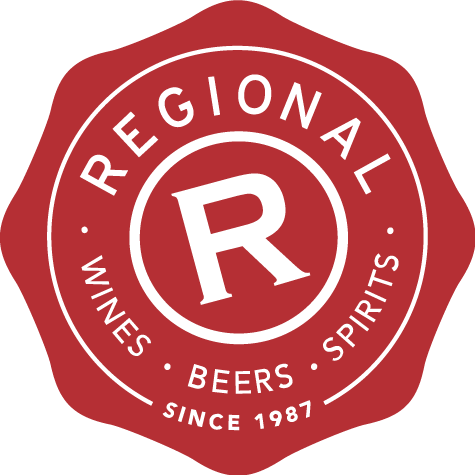Organic Wine Week and what it's all about
What’s so special about organic wine?
Does organic wine actually taste better than non organic wine or is it perceived as a better product because it gives us all milder hangovers or that all important feel good factor of buying a consumable product labelled organic?
New Zealand’s third Organic Wine Week is about to take place from Monday 21 to Sunday 27 September, so it’s worth diving in to ask a few questions about why organic wine production is growing in this country and globally. This blog is intended to provide a bit of a gateway to information about organic wine rather than to answer all the tricky questions that the word organic suggests.
There’s no dispute that produce grown along organic guidelines is less harmful to the planet that we share with many other animals. And Organic Winegrowers NZ (OWNZ) is an organisation that not only runs Organic Wine Week, but exists to explain more about what organic means, who benefits and how. This year’s week long focus on organic wine will not only raise awareness of the growth in organic wine but do so over a glass or three of it at a series of virtual and real life events between Monday 21 to Sunday 27 September. Click here for more details on the events and the philosophy that guides them.
Organic wine, like all organic produce, is more than just an interesting trend today. It now makes up nearly a quarter of Central Otago’s wine production; the region with the largest amount of certified organic vineyards (320 hectares) in this country (17% with another 6% in conversion, which takes three years). That’s nearly a quarter of the vineyards in this country’s third biggest wine region. That is significant, by anyone’s standards, anywhere in the world. Wine writer Monty Waldin reports that 4.5% of the world’s vineyards were certified organic or biodynamic in 2017, which equals 316,000 hectares globally, so it makes Central Otago pale in comparison; particularly when looking at Europe’s 281,000 hectares of certified organic and biodynamic vineyards, 80% of which are in Spain, France and Italy (Millesime Bio 2017 dossier de presse).
This makes New Zealand’s certified organic vineyards look miniscule but it’s all relative, and it’s an imperative part of attracting consumers to wine today. As it is for a growing number of food, household, clothing and cosmetic producers. Even our furniture might be more sustainably constructed going forward. We can always live in hope.
This year I finally planted a decent vegetable garden. Nothing beats picking fresh, crunchy, unsprayed leafy greens. It's not certified organic. I hate loathe to think what might have been in the soils prior to our arrival here, but it's a start. And we all have to start somewhere, including those winemakers who are in transition to organic certification or those who are moving further still towards biodynamics. Imagine that. A biodynamic wine week. I for one can't wait.
- Organic Wine Week is run by Organic Winegrowers New Zealand, also known as OWNZ, a grape grower organisation formed to educate, encourage and network those already using organic production methods or who are steadily moving towards them.
